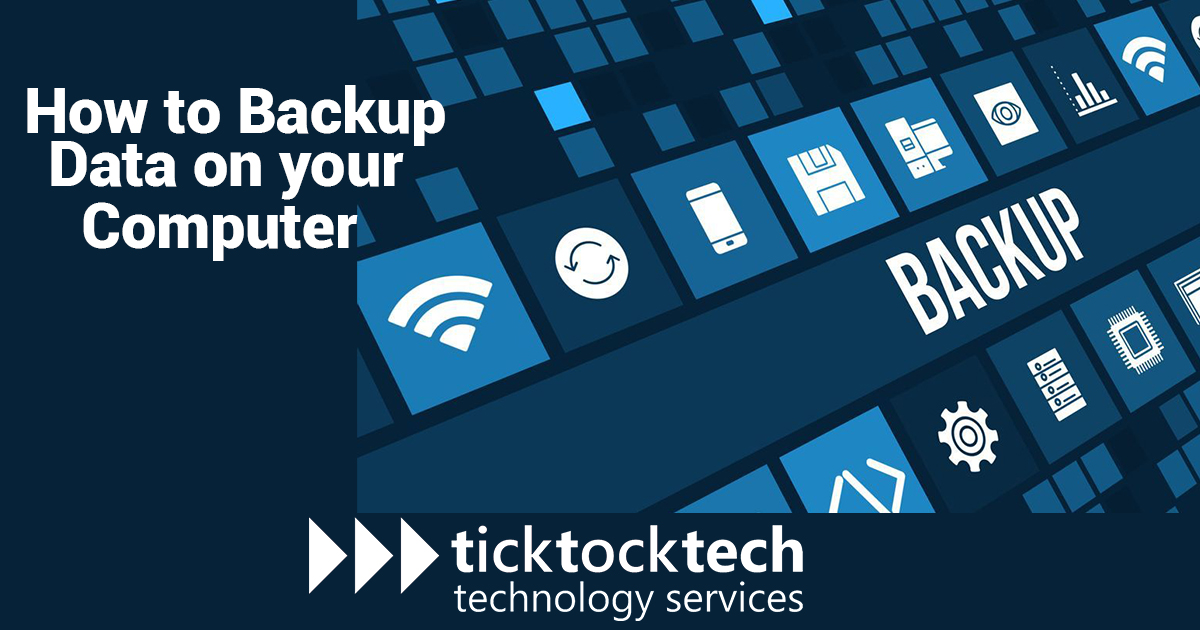Most businesses and homes use computers every day. This means a faulty computer could disrupt any business activity. And this is why you need an experienced computer technician by your side.
Technology is progressing rapidly, and computers are more vulnerable to malware and hardware failures than before. Aside from having an Operating System crash, you can make mistakes that can cause errors that can make you lose important files on your computer. Hence, there’s a need to backup your data and other essential files on your computer. It is great to plan for unforeseen circumstances that can cause data loss. In this article, we will take you through data backup, types of data backup, and how to backup data on your computer.
What is Data Backup and Recovery?
Backup and recovery of data refer to making copies of data and setting up secure strategies that will help you restore any lost data from your computer. Data backup is essential for restoring and recovering following data corruption or deletion. Backup can be done using many techniques, they can be integrated with Oracle, and SQL databases, among others. Data backup has evolved a lot over the years to make your computer more secure.
What are the different types of data backup?
There are basically three types of data backup: Full, Differential, and Incremental. Let’s discuss the types of data backup, the difference between them, as well as the Pros and Cons of each backup.
Full Backup
As the name suggests, a full backup copies all the data from your computer to your preferred storage system. This includes hard drives, folders, and other files. Every full backup contains the complete data backup to the most recent file.
Pros
1. It is the most reliable form of backup.
2. It is easy to setup.
Cons
1. It is time-consuming, and has the slowest backup speed.
2. It consumes a lot of storage space.
Differential Backup
The differential backup also known as the Cumulative backup involves backing up data that was created since the last full backup. The differential backup occurs after a full or another differential backup.
Pros
1. Less space consuming because it only stores from the last full backup or differential backup.
2. More reliable compared to the incremental backup.
Cons
1. Restoring only differential backup won’t bring your storage back if you lose all data.
2. Storage may not be effective in the long run.
Incremental Backup
Incremental backup like the differential backup requires uploading changed files to the storage system. This involves copying only the data that has been modified since the last backup operation of any type.
Pros
1. It has the fastest backup speed.
2. It requires the least storage space.
Cons
1. No duplicate files. If any incremental data backup is lost, the whole backup is unrecoverable.
Now you know data backup and recovery works. TickTockTech provides top-quality data backup services in Toronto, Canada, and other office locations.
Other Services we offer include:
- PC Setup / Installation
- PC Repair
- Printer Repair
- Virus Removal / Anti-virus Installation
- Network Design / Integration
- Smarthome Security Solutions
- IT / Tech Support
CALL US TODAY AT (416) 743-1988

